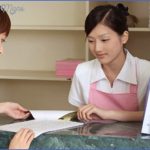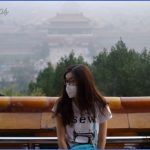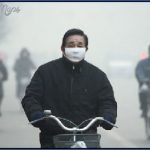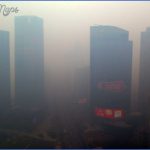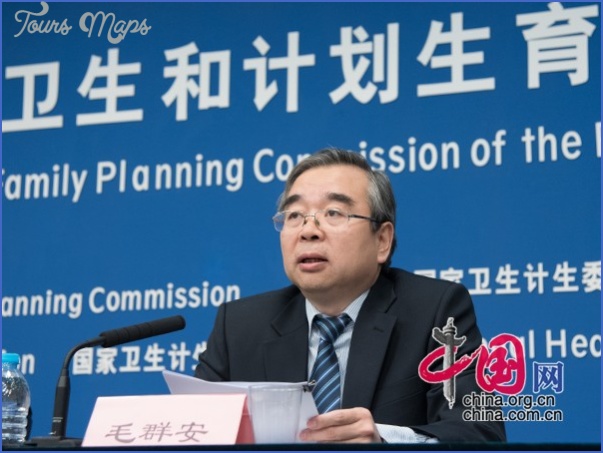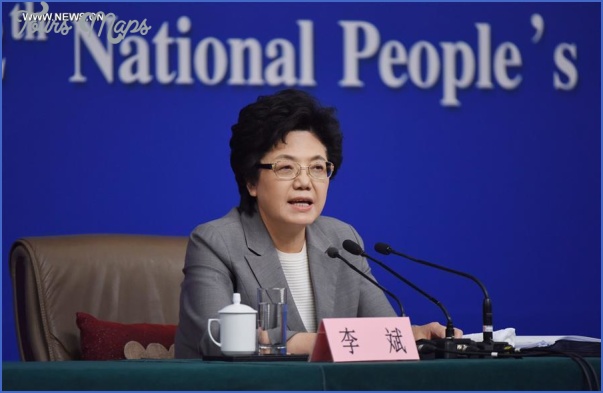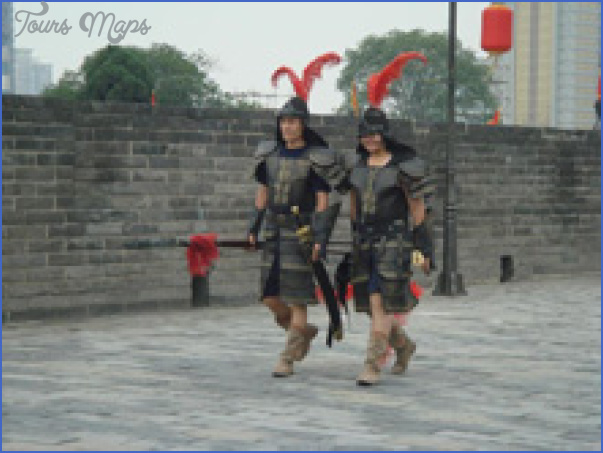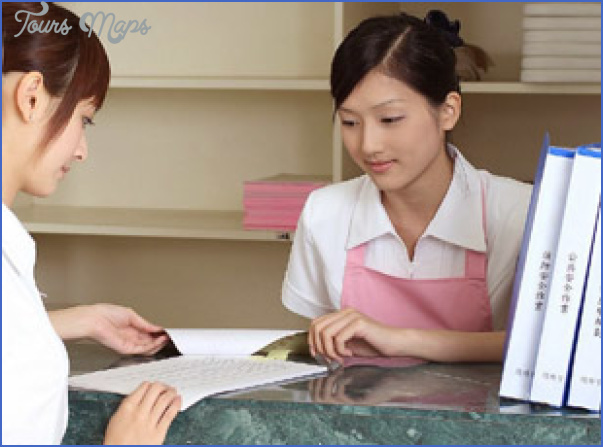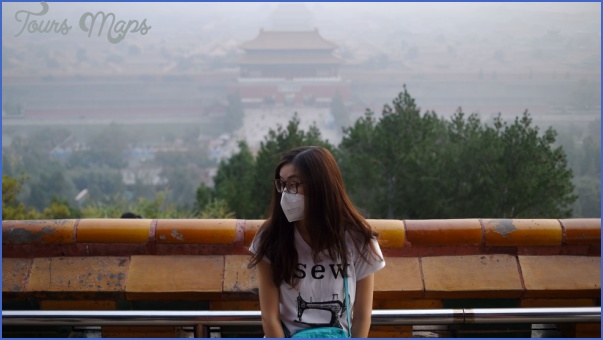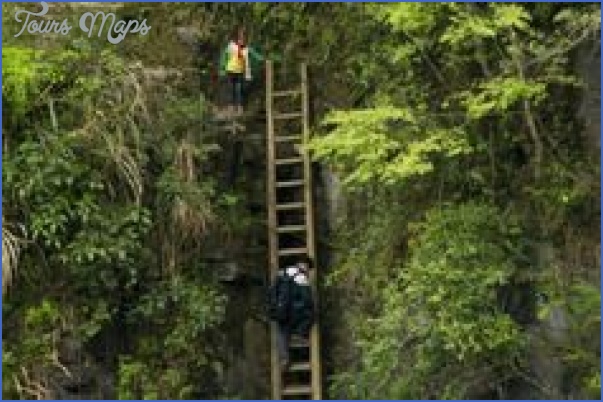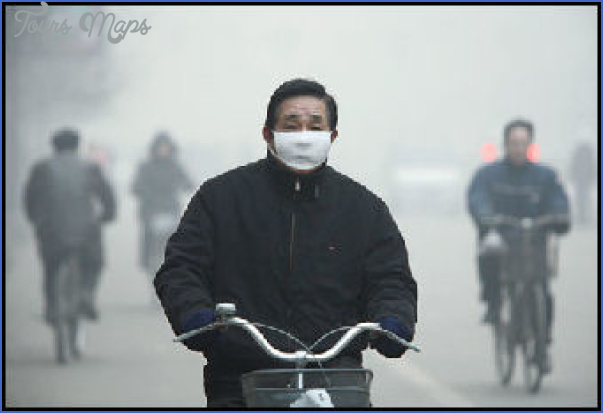The changes in climate and time zones and the unfamiliar food and drink can all combine to upset your metabolism when travelling in China so you would be well advised to take any necessary precautions beforehand and get a medical checkup before you go, especially if you plan on visiting Tibet. Avoid undue physical exertion and staying out in the sun for long periods at the start of your trip; wear some form of headgear as well. Make it a basic rule to avoid raw food, and shellfish, fruit which is unpeeled, icecream, drinks chilled with icecubes and other unbottled drinks. Mineral water is safe for drinking but ordinary water should be boiled for five to ten minutes. Cleanliness is the best protection against falling sick, so wash your hands frequently, rinsing them and changing the water, and take your own lavatory paper with you. Consult a doctor immediately if insect bites swell up badly or are surrounded by a red strip.
Medical kit You will find it much more important to carry your own medical kit with you
than you would do in Europe or North America. Seek the advice of your GP or physician, and obviously take along sufficient quantities of any medication that you take regularly. Because of China’s strict rules about the use of drugs – the same as in the other Asian countries – you will need to carry a doctor’s certificate if your medication involves the use of narcotics.
Your travelling medical kit should include a thermometer, scissors, tweezers, cotton wool, a couple of bandages, sticking plasters, medicated gauze, antiseptic cream, painkillers, something for constipation and diarrhoea, travel sickness pills, cardiac stimulants, suncream and insect repellent.
Vaccinations The only compulsory vaccinations for China are for cholera, smallpox and
yellow fever if you are coming from an infected area. However, you should in any case consult your doctor or local travel clinic about precautions against malaria, which can occur all year round in parts of the country below 1500m/4900ft, and vaccination against tetanus, hepatitis B, typhoid, Japanse encephalitis and polio is strongly recommended. Since conditions can change very suddenly you would be well advised to check on the latest situation before leaving, either through your doctor, travel clinic, travel agent, official tourist office (see Information) or Institute for Tropical Diseases.
One way of avoiding catching a cold is to be prepared for sudden changes in temperature as a result of moving from, high outdoor temperatures into the much cooler air-conditioned atmosphere of a restaurant, hotel room or coach. Make sure you have an additional layer of warm clothing ready such as a pullover or a jacket and if possible only have the air conditioning on in your room when you are not in it.
There are a number of books and other publications which give much more detailed information on the general subject of travel health. These include a leaflet published by the World Health Organisation (WHO Distribution and Sales Service, CH 1211 Geneva 27, Switzerland; tel. (022) 791 21 11) and books such as “Staying Healthy in Asia, Africa and Latin America”. Information can also be obtained from the London School of Hygiene and Tropical Medicine, Kippel Street, London WC1, tel. (0171) 636 8636.
Health Precautions of China Photo Gallery
Maybe You Like Them Too
- The Best Cities To Visit in The World
- World’s 10 Best Places To Visit
- Coolest Countries in the World to Visit
- Travel to Santorini, Greece
- Map of Barbados – Holiday in Barbados




